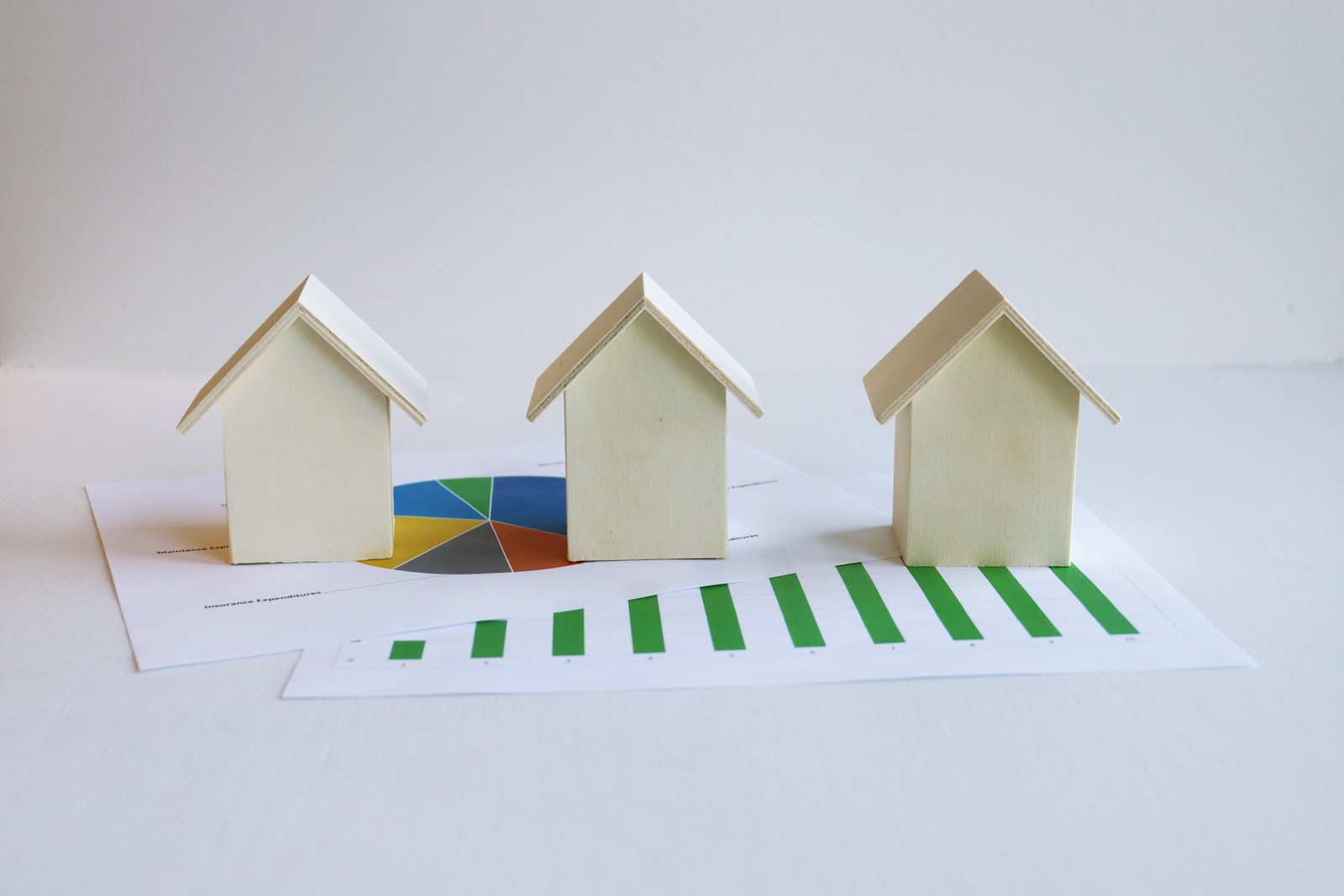Buying a home is a major commitment—and one of the costs too many buyers overlook is property tax. Understanding how property taxes work in Ontario is essential so you can budget properly, avoid surprises, and make smarter decisions. In this post you’ll learn what property tax is, how it’s calculated, what drives changes, and what smart home buyers should check before closing.
1. What Are Property Taxes & Why Do They Matter?
Property taxes are annual levies charged by your municipality (and education portion by the province) based on your property’s assessed value. The money goes toward essential services—schools, fire and police protection, roads, libraries and more.
For home buyers, property tax matters because:
It becomes part of your recurring cost of ownership.
It affects your total housing cost (mortgage + tax + maintenance).
It varies significantly by location and assessed value, so two homes with the same purchase price may have very different tax bills.
2. How Property Taxes Are Calculated in Ontario
Here’s a simplified breakdown of the calculation process in Ontario:
First, your property is assessed by the Municipal Property Assessment Corporation (MPAC). The assessed (Current Value Assessment) value reflects what the property would reasonably sell for as of a legislated date.
Then the municipality and province apply tax rates (municipal tax rate + education tax rate) to your assessed value to arrive at the tax bill.
For example, if your assessed value is C$500,000 and the combined tax rate is 1.75 %, then your annual property tax would be approx C$8,750.
Important details:
Property tax is not simply a percentage of the purchase price—it’s based on assessed value.
Municipalities set their budget and then derive tax-rates accordingly—not solely based on individual hikes in property value.
3. What Buyers Should Look Out For Before Closing
When you’re evaluating a prospective home, pay attention to these property-tax-related items:
Ask the current annual property tax amount shown on the listing or ask the seller/agent.
Factor the tax into your carrying cost: add tax + maintenance + insurance + utilities.
Check assessed value vs. market value: If the assessment is outdated and market value has jumped, expect future adjustments.
Understand the tax rate in the municipality: Some suburbs or municipalities have higher tax rates than others.
Check for upcoming reassessment or phased-in increases: Assessment increases don’t always translate to tax increases, but changes in assessment may lead to taxes going up.
4. Common Misunderstandings & How to Avoid Them
“My property tax will stay the same because I just bought at this price” → Not guaranteed. If your assessment increases more than the average or tax rates increase, you could face higher tax.
“Tax equals purchase price” → No. It’s tied to assessed value, which may or may not match purchase price.
“Only new builds have tax issues” → All homes eventually face reassessment and tax rate changes, so even resale homes need scrutiny.
“Tax relief will offset everything” → While there are programs for seniors or low-income homeowners, as a buyer you still must budget full tax unless you qualify for specific rebates.
5. Smart Strategies for Home Buyers
Build tax into your monthly budget: Don’t focus only on mortgage payments—set aside for tax.
Choose an area with favourable tax rate vs. value ratio: Sometimes paying slightly more for a lower-tax-rate municipality can make sense long-term.
Monitor the assessment: When you get your assessment notice, compare similar properties and consider appeal if it seems unfair.
Ask about future development and assessment changes: Upcoming local developments can drive up values (and taxes) over time.
Use a tax calculator for your municipality: Many municipalities or third-party sites provide tax calculators to estimate tax based on assessed value.
Conclusion
Understanding property taxes is a key part of being a savvy home buyer. It’s not just about paying the mortgage—it’s about managing every cost associated with ownership. By knowing how assessed values and tax rates work, and by factoring taxes into your budget, you’ll be better positioned to choose a home that fits both your lifestyle and financial goals.
❓ FAQs: Understanding Property Taxes
Q1. Are property taxes based on the purchase price of the home?
No — property taxes in Ontario are based on the assessed value as determined by MPAC, not the purchase price.
Q2. Why did my property tax go up even though my assessment didn’t change much?
Because tax rates may have increased and/or your assessed value may have increased more than the average in your property class, triggering higher taxes.
Q3. Can I appeal my property assessment if I think it’s too high?
Yes — you can file a Request for Reconsideration (RfR) with MPAC and, if still dissatisfied, appeal to the Assessment Review Board.
Q4. Does a higher property tax rate mean a worse area?
Not necessarily. It depends on municipal services, infrastructure and relative value. A higher tax rate may accompany lower purchase price or higher service quality. Always compare total cost of ownership.
Q5. Can property taxes change after I buy the home?
Yes — both the assessed value and municipal tax rates may change annually or upon reassessment cycles, affecting your tax bill.

